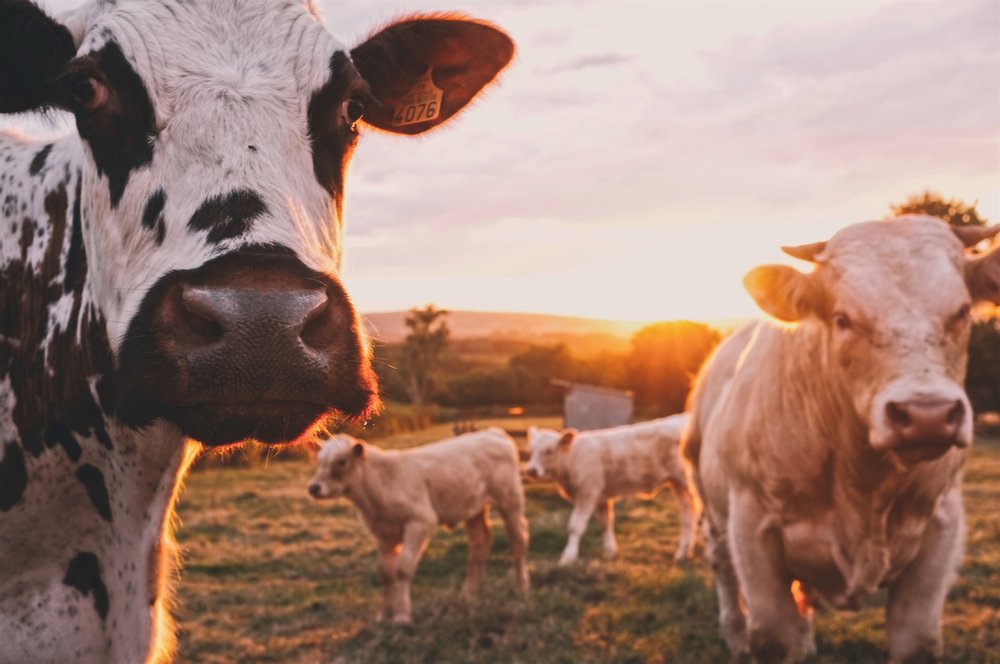

exc-5b3b323b6d2a734214563d52
This looked at how blockchain could be used as a regulatory tool to ensure compliance in the food sector. The FSA and the slaughterhouse had permission to access data, which the regulator claims led to improved transparency across the food supply chain.
A further pilot is planned for July, which will give permission to farmers to access data about animals from their farms. This will be followed by similar initiatives in other plants.
If blockchain continues to show success in pilots, its permanent use would need to be industry-led because the current data model is limited to the collection and communication of inspection results.
Sian Thomas, Head of Information Management at the FSA, says blockchain could add real value to a part of the food industry, such as a slaughterhouse, whose work requires a lot of inspection and collation of results.
“Our approach has been to develop data standards with industry that will make theory reality and I’m delighted that we’ve been able to show that blockchain does indeed work in this part of the food industry,” she adds.
Denver, Colorado, 24th February 2025, Chainwire
Denver, Colorado, 20th February 2025, Chainwire
Washington, D.C., 18th February 2025, Chainwire
Dubai, UAE, 27th January 2025, Chainwire
Those who enter the market at this time may be surprised to hear that Bitcoin…
George Town, Grand Cayman, 22nd November 2024, Chainwire